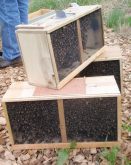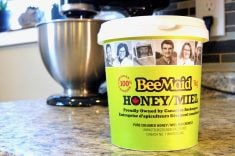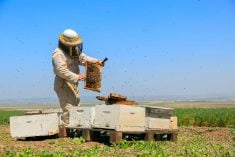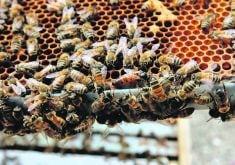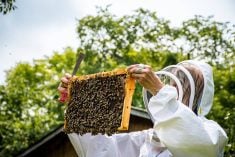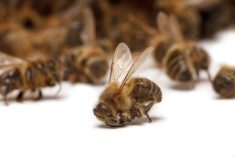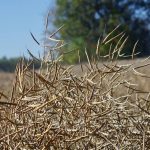Canada and the United States have reached an agreement allowing imports of queen bees from Hawaii to resume, at least for 2010.
But Canada may have to change federal legislation if it wants those imports to continue next year and beyond.
Canada stopped issuing import permits for Hawaiian queen bees in October 2009 after the varroa mite was detected in a bee yard on the Kona side of the main island. Hawaii was previously considered free of the parasitic mite which is endemic in bee colonies throughout the continental U. S. It is also common in Canada.
Read Also
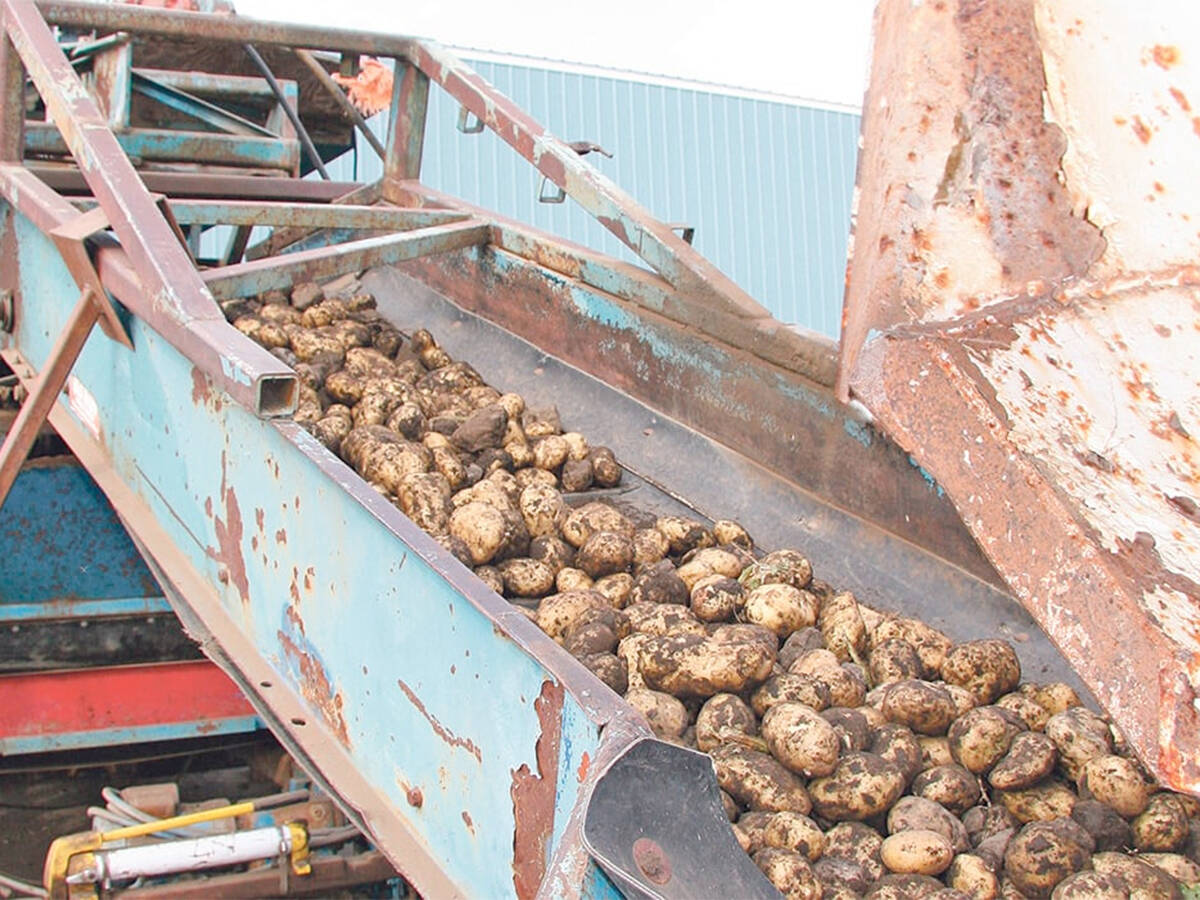
Potato growers beware new PVY strains
Newer strains of potato virus Y (PVY) are creating headaches for potato farms in Eastern Canada, and Manitoba farmers should pay attention
The sudden appearance of the varroa in Hawaii necessitated changes to Canada’s import protocol for Hawaiian bees.
Canadian Food Inspection Agency protocol requires that honeybees imported from a region with varroa mites must be accompanied with a health permit certifying that the supplying apiaries have been inspected and varroa levels are less than one per cent.
But because Hawaii was considered varroa free, Canada’s import agreement did not cover those criteria.
The Canadian Food Inspection Agency and the U. S. Department of Agriculture agreed in a March 4 conference call to revise the agreement to include CFIA’s varroa tolerance level.
As a result, Hawaiian queens will be readmitted in time to revitalize Canada‘s honeybee colonies with fresh genetic stock this spring, said Rheal Lafreniere, Manitoba’s provincial apiarist.
Beekeepers usually start importing queens in late March or early April, continuing until late June.
Hawaii is a major source of queen bees, supplying around 40 per cent of the queens imported annually into Western Canada.
Had imports not resumed, “it would have been quite serious,” Lafreniere said.
Large beekeepers would especially have a tough time without access to annual supplies of Hawaiian queens, added Heather Clay, Canadian Honey Council executive director in Calgary.
The revised protocol will provide import permits for Hawaiian queen shipments certified to contain varroa levels lower than one per cent, based on a five per cent sampling of colonies, said Clay.
But both sides may have to revisit the agreement later this year because USDA wants Canada to adopt a national varroa standard, which could involve amending federal law.
The varroa is a reportable pest in Canada. But provinces enforce varroa controls and inspections within their own borders, using provincial legislation. That includes controlling the inter provincial movement of bees and beekeeping supplies.
USDA wants Ottawa to develop a national control standard later this year. But it’s uncertain if Ottawa can revise federal legislation by then or if USDA will wait, said Clay.
If not, Hawaii may once again be out of bounds for Canadian beekeepers this fall, said Clay.
“If they (USDA) don’t cooperate, we’ll just have to find other sources of bees,” she said.


